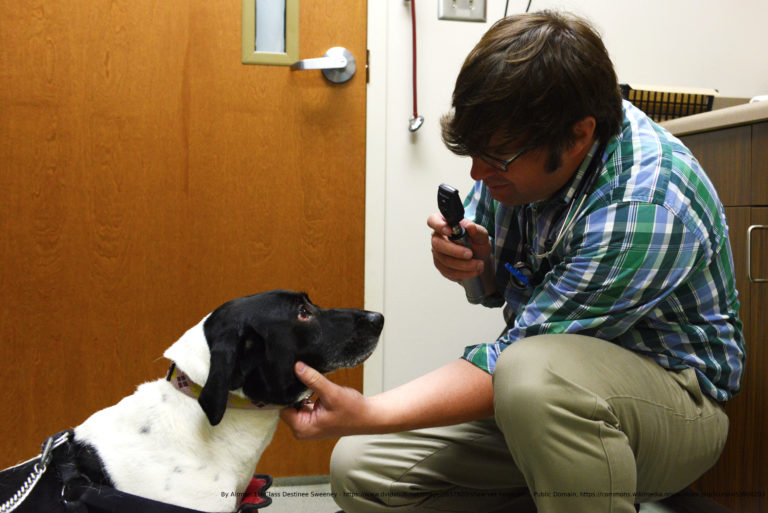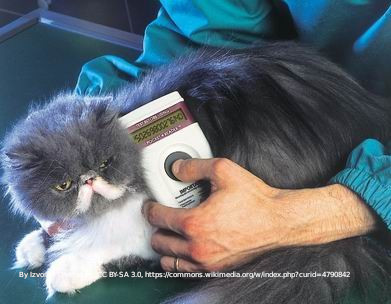There have been reports from Belgium, the USA and Hong Kong that cats and dogs are developing and transmitting coronavirus. Myth or reality? The issue seems to be that animals can pick up coronavirus/COVID-19 from humans, rather than passing it on to them
World Health Organisation advice
According to the WHO, the dog in Hong Kong that returned a weak positive for coronavirus likely picked it up from its owner. There is yet no evidence that cats, dogs or other animals can give humans coronavirus. At the moment the WHO advice remains to observe good hygiene, particularly careful hand washing. However it does include this advice about how long the virus can survive on surfaces:
“This could include your pet’s fur, so if you are showing any symptoms it’s important to minimise contact with your pet as much as possible.”
Its advice includes taking extra care when feeding and handling your pet. If you have concerns that your pet is becoming ill, the PDSA advises calling your vet.
What is Feline Coronavirus?
Feline Coronavirus, or FCov, is a type of coronavirus different from Covid-19. FCov is commonly found in cat faeces and doesn’t affect humans or animals other than cats.
How to protect your pet
If you’re unlucky enough to develop coronavirus you might have questions about how to protect your pet. The PDSA has published a page of questions and answers at this link.
There has been false information circulating online that hand sanitizer can poison dogs. Yes, your dog would become ill if it ingested a whole bottle of hand sanitizer, but if it just licks your hand when you’ve used hand sanitizer the dog won’t become ill. The alcohol used in hand sanitizer is ethanol, not ethylene glycol (in antifreeze) which is toxic to animals.




